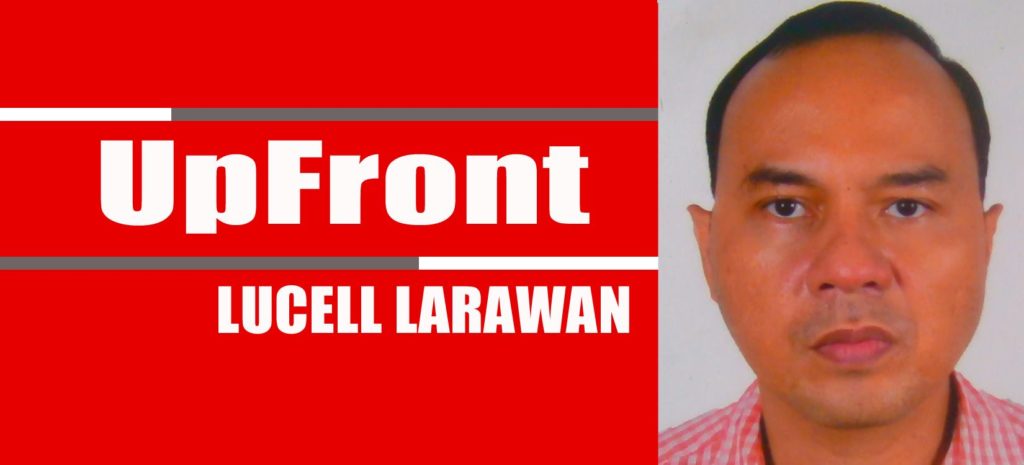
“PRIDE goes before destruction,” warns the ancient Hebrew text of Proverbs, “and a haughty spirit before a fall.” As smoke still lingers over the charred hillsides of Los Angeles, these three-thousand-year-old words have found new resonance in Hollywood’s hills, where last week’s devastating fires followed an awards ceremony that now seems prophetic in retrospect.
The sequence began at the Golden Globe Awards, where comedian Nikki Glaser’s dismissal of divine recognition drew industry laughter. “God of the universe, zero mentions…” she quipped, echoing unwittingly the hubris that Biblical narratives repeatedly warn against. Within 72 hours, that same universe appeared to respond with an inferno that caused $127 million in damages and shut down three major studios.
“The parallels to Biblical accounts are difficult to ignore,” says Dr. Jonathan Silverstein, Professor of Archaeological Theology at Yale. “The Book of Acts describes how King Herod accepted divine worship and was immediately struck down. The Book of Daniel recounts how King Nebuchadnezzar’s boast about his greatness was followed by immediate humbling. These ancient texts consistently show a pattern where public pride meets public consequence.”
The fire’s peculiar selectivity has drawn attention from both scientific and theological quarters. “Of the 47 properties damaged, 43 were directly connected to the entertainment industry,” reports Fire Chief Robert Martinez. “Historic religious buildings in the same areas remained untouched, even when surrounded by destruction – reminiscent of the Biblical accounts where divine fire demonstrated remarkable precision.”
This selectivity hasn’t gone unnoticed by pattern analysts. Dr. Rachel Goldstein, author of “Patterns of Providence,” notes that the Los Angeles incident joins a global sequence of similarly precise events. In São Paulo, Brazil, unprecedented flooding claimed 32 lives following a controversial anti-religious festival – an echo of ancient floods that Biblical texts present as responses to human defiance. In Ankara, a political figure’s fatal cardiac arrest mid-speech while threatening Israel carried echoes of Biblical accounts where threats against Israel met swift response.
“We’re seeing what the ancients would have recognized immediately,” explains Rabbi David Wolpe. “The Bible speaks of God ‘who answers by fire,’ and throughout Jewish history, fire has served as both purifier and message. The timing and precision of these events align with patterns documented in religious texts across millennia.”
Dr. Sarah Chen from MIT’s Department of Mathematical Probability has been studying the statistical likelihood of such sequences. “When we analyze the timing, selectivity, and nature of these events, we’re looking at probabilities in the millions-to-one range,” she explains. “The Biblical writers understood something about pattern recognition that we’re only now quantifying through mathematics.”
The entertainment industry’s response has been notably muted, though signs of change are emerging. Several studios have begun incorporating religious sensitivity training into their public speaking preparations. “There’s a sense that we’re dealing with something older than our industry,” admits one executive, speaking anonymously. “These patterns were documented long before Hollywood existed.”
Critics maintain skepticism. Dr. Elena Rodriguez, a climate scientist at UC Berkeley, emphasizes natural causation while acknowledging the unusual precision of the damage. “While the timing may seem remarkable, we must remember that California’s fire seasons are becoming increasingly unpredictable due to climate change.” Yet even she notes that the selectivity “deserves deeper study.”
Insurance companies have taken notice. “We’re adjusting our risk assessment models,” reveals Jonathan Pierce, chief risk officer at Pacific Insurance Group. “When you see patterns that ancient texts predicted with this kind of accuracy, it demands attention.”
Fire Chief Martinez, a 30-year veteran, finds himself returning to ancient wisdom: “The Book of James talks about the tongue being ‘set on fire.’ After witnessing how this fire moved with such precise deliberation, those words don’t seem like mere metaphor.”
As Los Angeles rebuilds, the conversation continues. Whether these events represent divine intervention or extraordinary coincidence, they’ve forced a city built on storytelling to confront one of humanity’s oldest narratives – the story of pride and consequences, documented in texts thousands of years old yet playing out in seemingly modern ways.
“Perhaps,” suggests Rabbi Wolpe, “the most remarkable aspect isn’t that these ancient patterns continue, but that we’re surprised when they do.” For a city that prides itself on crafting narratives, this may be its most compelling story yet – one written not in scripts, but in smoke and ancient echoes.

